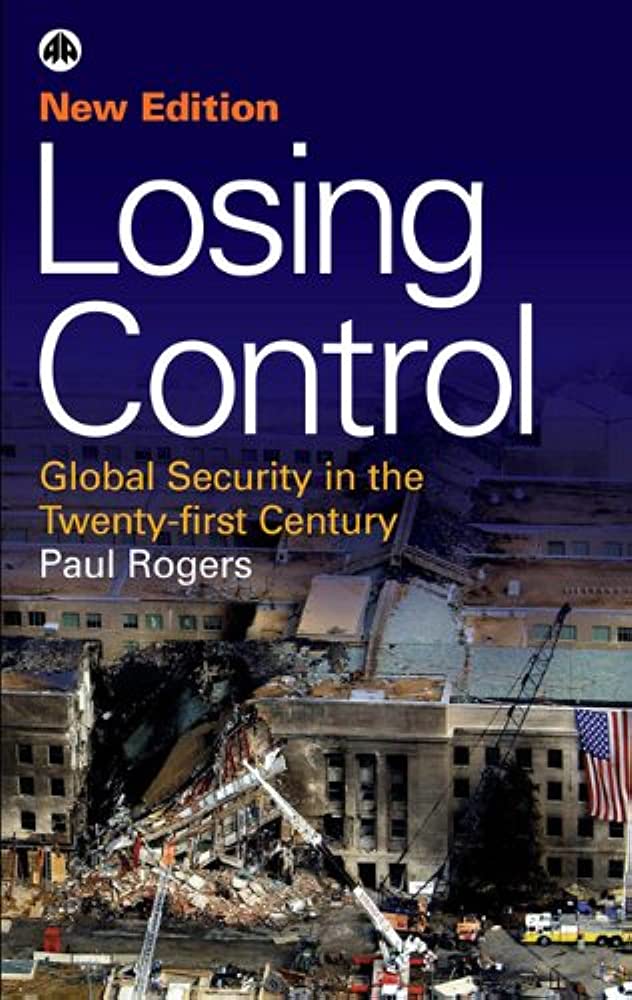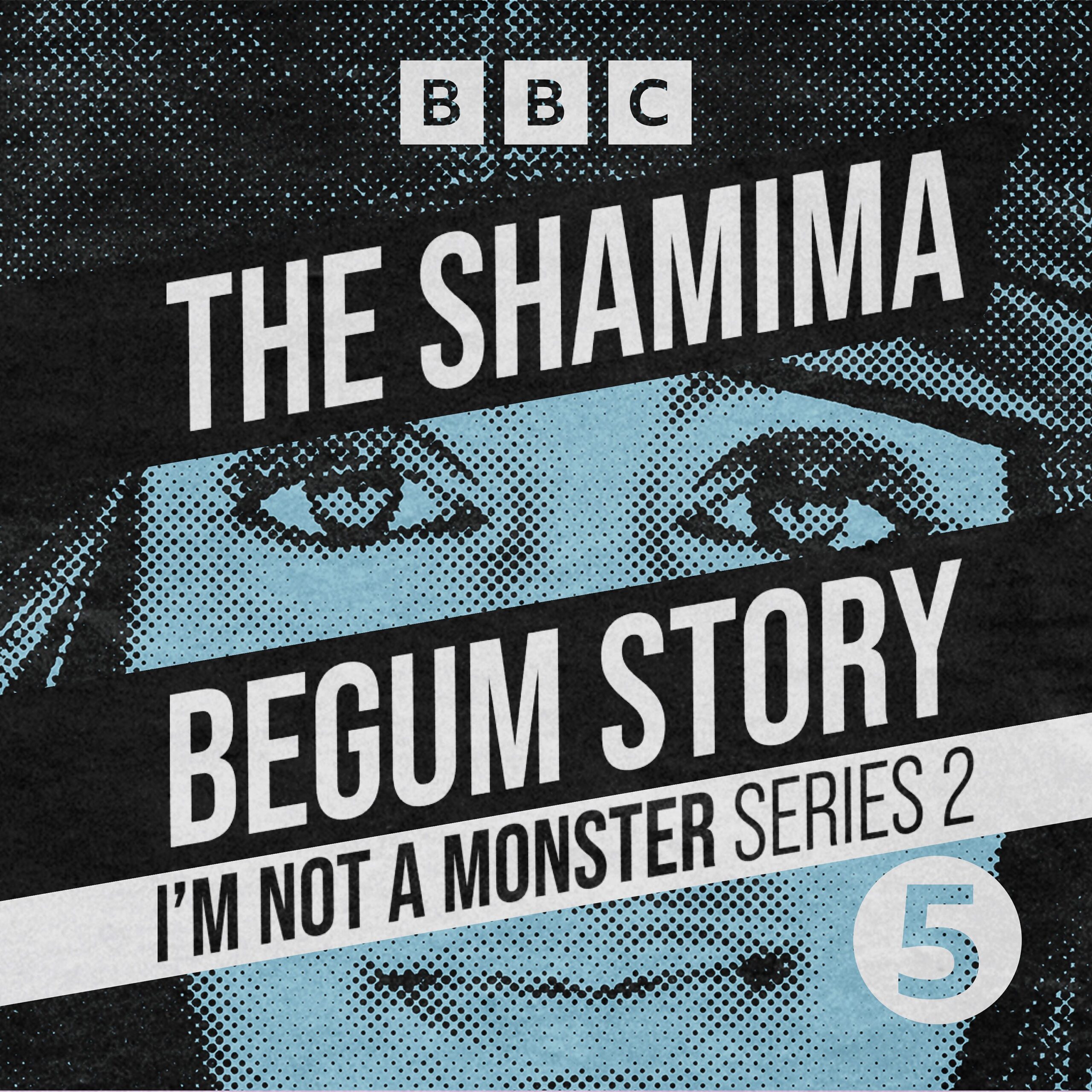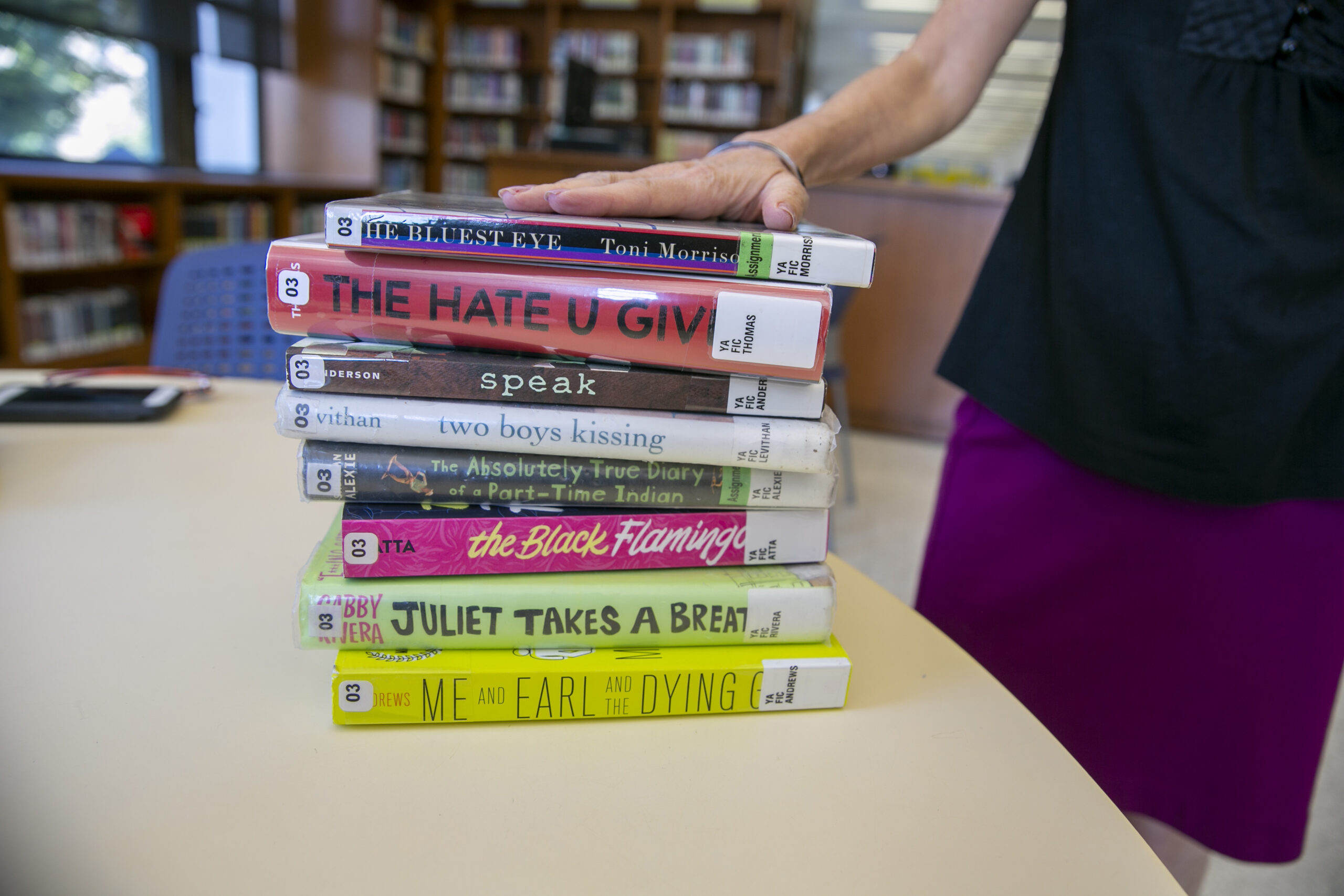In January, the Florida Department of Education issued a guidance after the State Board of Education ruled that a law restricting the books a district may have applies to school libraries as well as teachers’ classrooms. House Bill 1467 took effect in July, and mandates that a school’s books be “age-appropriate” and free of “pornography.” Books now must be approved by a school media specialist, who must complete a state retraining on book collection. Ironically, the Education Department did not publish that training until this January which left school librarians in Florida unable to purchase books for over a year. The front man for this authoritarian-like academic cage is Florida’s Governor, Ron DeSantis. Those supporting DeSantis’ sanctimonious conservative rhetoric may be shocked to realize he himself has read and had access to the very knowledge he seeks to abolish. DeSantis comments, “We reject this woke ideology. We seek normalcy, not philosophical lunacy.” This is a comical statement coming from a Yale graduate, one of the most socially liberal institutions in the world. Not only did DeSantis graduate from Yale, but he did so with honors, evidently portraying that he succeeded in such a “woke” environment.
Where does it end? Should we restrict other books such as Romeo and Juliet for its harsh portrayal of suicide or the Bible because Jesus died violently on the cross?
In my research of Flordia’s Book Ban phenomena, I stumbled upon Chaz Stevens. Stevens, a self-proclaimed Atheist is petitioning to ban the Bible from public schools claiming it is just as sexually explicit and violent as other books being subject to scrutiny. Florida has rejected about 54 textbooks and counting which prompted Steven’s to make a move. Stevens has been closely following the progression of the new state law signed by Governor Ron DeSantis that makes it easier for parents and residents to challenge books. School officials are advising teachers to take extra precautions and measures to clear their book collections or wrap them in paper to hide the content. Teachers are confused as they do not have any clear information on what books violate the law. The law is merely a fear-mongering threat caging academic freedom in front of teachers and students alike.
Chaz Stevens has attempted to file similar petitions with 63 Florida school districts to ban the Bible. Stevens hilariously comments in the petition, “As the Bible casually references … such topics as murder, adultery, sexual immorality, and fornication — or as I like to think, Date Night Friday Night — do we really want to teach our youth about drunken orgies?” Stevens is cleverly highlighting major flaws and concerns about Florida’s new law. This poking and prodding into the hypocritical law may lead people to recognize the school board’s attempts to discriminate based on protected classes, an act which is illegal according to the Supreme Court.
As a religious studies major, I am well aware of the repeat episodes of violence and even sexual abuse located within biblical scripture that Stevens is referring to. One can look to 2 Samuel 13:14, “But he would not listen to her, and being stronger than she, he forced her and lay with her.” This is a reference to a rape within the context of incest. Or, if just speaking of sexually charged language, even LQBTQ+, one can look to my personal favorite Bible verse from Song of Solomon, “Like an apple tree among the trees of the forest, so is my beloved among the young men. In his shade I took great delight and sat down, and his fruit was sweet to my taste.” If state law prohibits “pornographic” and other “harmful materials” where can we draw the line?
Book banning at its core restricts the free-flowing stream of access to information and literature that America was precisely founded upon. The open-minded principle of free and unrestricted information offers a portal into the mind-expanding notion of academia. What the rigid conservatives do not realize is that the authoritarian regimes throughout the world and our history that many westerners criticize have controlled access to information and heavily censored their people. I fear this same authoritarian-like control is rising to the surface in Florida. The authoritarian regimes that Westerners criticize control access to information and heavily sensor their people in this same way – by restricting access to information, by banning books, and publications, and by controlling the narrative.
Cherry picking certain pages and statements within novels or textbooks that reference sexual acts and sexuality in general can be done to conservative rhetoric as well as highlighted above. There is grave harm in restricting literature and even rhetoric that expands the minds of youth within the confines of a classroom. Can America, “the land of the free”, be yet again a place in which academic freedom is pushed to a halt by authoritative people in power who seek to control the narrative of our classrooms?




